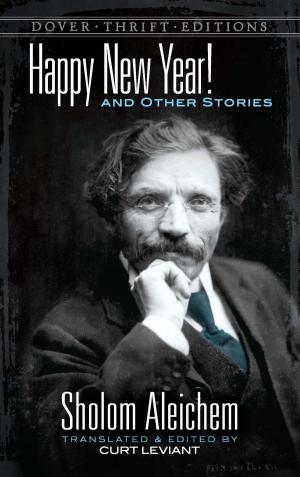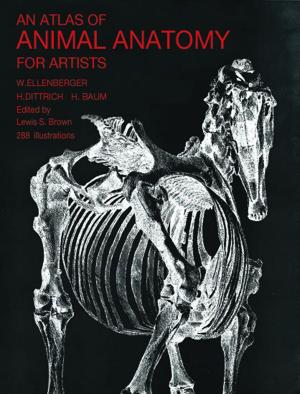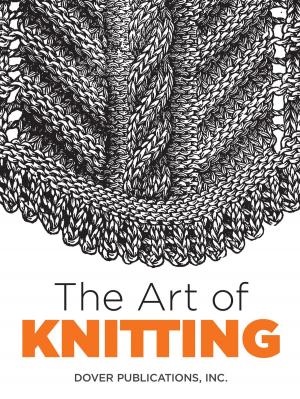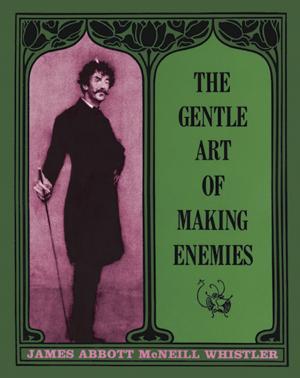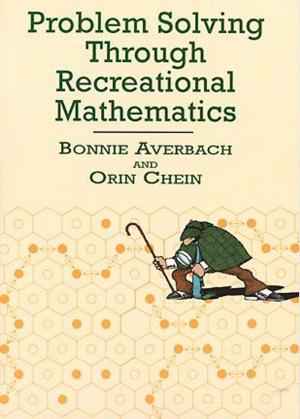| Author: | Edward Lear | ISBN: | 9780486310619 |
| Publisher: | Dover Publications | Publication: | December 27, 2012 |
| Imprint: | Dover Publications | Language: | English |
| Author: | Edward Lear |
| ISBN: | 9780486310619 |
| Publisher: | Dover Publications |
| Publication: | December 27, 2012 |
| Imprint: | Dover Publications |
| Language: | English |
There was an Old Man in a tree,
Who was horribly bored by a Bee;
When they said, "Does it buzz?" He replied, "Yes, it does!
It’s a regular brute of a Bee."
Generations of children and adults have delighted in the whimsical poems of Edward Lear (1812-88). And, despite his achievements as a noted English landscape painter and illustrator of animal life, Lear today is best known for his delightful volumes of nonsense verse. This work spanned several decades — from the first charming lines he wrote in the 1830s for the children of the Earl of Derby to his last collection of poems, published in 1877.
This volume contains a rich sampling of Lear’s inspired nonsense, including more than 90 delightful limericks as well as a choice selection of longer poems along with the amusing illustrations he drew for each. Among these are such classics as "The Owl and the Pussy-cat," and "The Jumblies" as well as a number of lesser-known but equally charming selections: "Calico Pie," "The Duck and the Kangaroo," "Incidents in the Life of My Uncle Arly," "The Daddy Long-legs and the Fly," "The Broom, the Shovel, The Poker, and the Tongs," "Mr. and Mrs. Spikky Spider" and "The Courtship of the Yonghy-Bonghy-Bó."
There was an Old Man in a tree,
Who was horribly bored by a Bee;
When they said, "Does it buzz?" He replied, "Yes, it does!
It’s a regular brute of a Bee."
Generations of children and adults have delighted in the whimsical poems of Edward Lear (1812-88). And, despite his achievements as a noted English landscape painter and illustrator of animal life, Lear today is best known for his delightful volumes of nonsense verse. This work spanned several decades — from the first charming lines he wrote in the 1830s for the children of the Earl of Derby to his last collection of poems, published in 1877.
This volume contains a rich sampling of Lear’s inspired nonsense, including more than 90 delightful limericks as well as a choice selection of longer poems along with the amusing illustrations he drew for each. Among these are such classics as "The Owl and the Pussy-cat," and "The Jumblies" as well as a number of lesser-known but equally charming selections: "Calico Pie," "The Duck and the Kangaroo," "Incidents in the Life of My Uncle Arly," "The Daddy Long-legs and the Fly," "The Broom, the Shovel, The Poker, and the Tongs," "Mr. and Mrs. Spikky Spider" and "The Courtship of the Yonghy-Bonghy-Bó."



